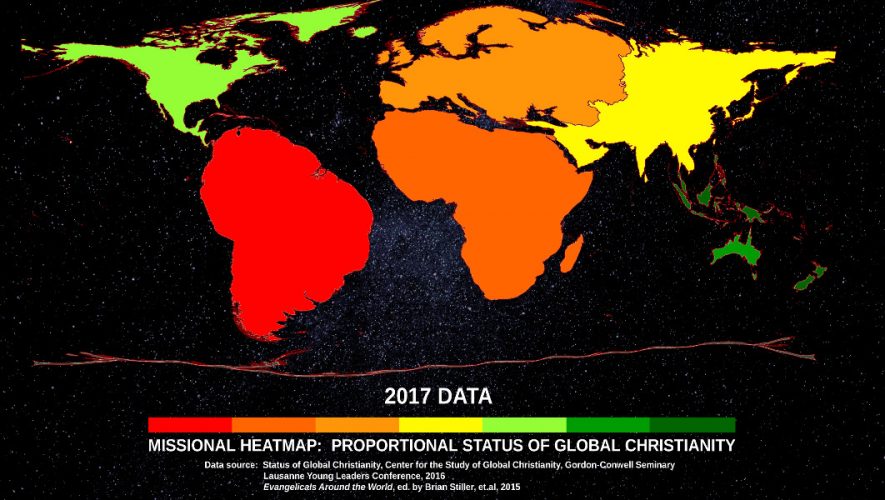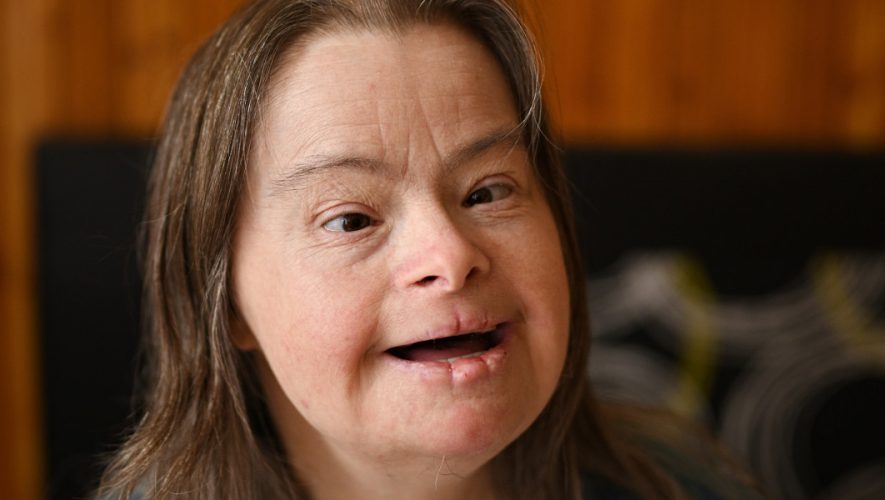Dr. Josephat Rweyemamu focused his interdisciplinary missiological dissertation on the post-conversion impact of pre-conversion methods among the Hay peoples of Africa. It engages the sociological theory of structuration to critically explore the missionary Christianity approach and methods of conversion in the Lutheran Church, Northwest Tanzania, and their impact on the Haya Christian life. To this end, a theoretical scaffolding matrix of conversion is explored based on biblical and theological understanding, social theories of conversion, patterns and models of conversion. It is also pointed out that conversion is not only a theological but also a social phenomenon. Consequently, the Haya religio-cultural spiritual life and worldview are further investigated. The methods that were employed by missionary Christianity to missionize Northwest Tanzania are also explored based on the missionaries‟ home socio-political cultural context that informed these methods. Lastly, the Haya‟s earlier and later responses to the methods are highlighted and analyzed.
The dissertation argues that the missionary Christianity approach and methods of conversion were important in that they accelerated social change through modernization, new ways of dressing, accessibility to western medicine and appropriation of western education that was instrumental in the production of both church and national potential leaders who later brought about political awareness, modern development and socio-political transformation. Nonetheless, the research has ascertained that the missionary Christianity approach and methods of conversion produced mainly dual converts who remained adherents of both Christianity and Haya traditional religion. This was because from the outset most western missionaries aimed at almost perverting Haya religion and culture in the placement of Christianity that was intrinsically embedded in western culture. This suggests the reasons for the inadequacy of the missionary Christianity conversion strategic approach to seriously take cognizance of the Haya religio-cultural spirituality and worldview which, as it was unpacked in the study, inherently embraces both the physical and metaphysical existential realm.
Thus for the Haya, if this fact is not taken seriously, conversion seems irrelevant. That is why Haya Christians tend to actualize “real” conversion within the Revival Movements and Pentecostal-Charismatic churches‟ form of Christianity instead of maintaining loyalty to the doctrine of their mother churches, for this spiritual form of Christianity has to a greater extent demonstrated the ability to attempt to indigenize Christianity among them as, without ignoring modern ways of life, it addresses the Haya religio-cultural spirituality and worldview.
Engaging structuration theory analysis, the study argues that the Haya realization of what seems “real” conversion within the revival framework and other spiritual movements and Pentecostal-Charismatic form of Christianity by most Haya Lutheran Christians in Northwest Tanzania, is an attempt to indigenize Haya missionary Christianity conversion. This is because for the Haya‟s comprehension and praxis of conversion is not only determined by missionary Christianity activity, but to some degree their traditional religio-cultural context plays a role in shaping and structuring conversion that makes sense to them. Since social structure comprises rules and resources (Giddens 1984; Wuthnow 1987; Richard 1994) which human agents draw on and reproduce as they act and yet remain open for transformation, the Haya traditional social structure therefore provides an arena for them to draw on religiosity and other spiritual resources and reproduce them even as they convert to Christianity. The study further proposes that the sociological theory of structuration in an interdisciplinary study of conversion provides a useful tool in attempting to understand the dynamics of conversion among the Haya within the Lutheran Church in Northwest Tanzania, along with their tendency to actualize their “real” conversion within the revivalist or Pentecostal-Charismatic form of Christianity. Since “real” conversion cannot be limited or absolutized in these forms of Christianity, the research proposes an “integrative model of conversion” as the most relevant approach to our contemporary missionary preoccupation and engagement. This model suggests the hermeneutics and ecclesial praxis of conversion that is based on religio-cultural sensitivity that suggests harnessing spirituality and religio-cultural rules and resources from within the framework of Haya traditional religion, missionary Christianity, East African Revival and the Pentecostal-Charismatic form of Christianity through a mutual dialogue.
 Dr. Josephat Rweyemamu serves as Professor of Missional Theology, Biblical Theology Specialist in the Department of Missional Theology & History at Missional University. His academic credentials include a B.Div. and M.Th. in Missiology, Tumaini University (TZ); and a PhD in Theology & Missiology, Stellenbosch University (ZA).
Dr. Josephat Rweyemamu serves as Professor of Missional Theology, Biblical Theology Specialist in the Department of Missional Theology & History at Missional University. His academic credentials include a B.Div. and M.Th. in Missiology, Tumaini University (TZ); and a PhD in Theology & Missiology, Stellenbosch University (ZA).
Link to the PDF version of the dissertation Faculty Profile


